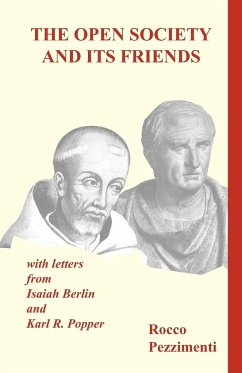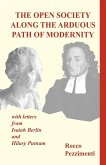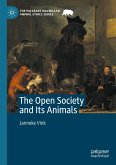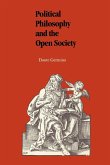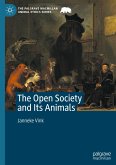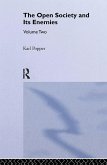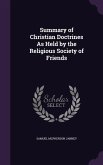Western man has long lost his way in his quest for constructivist models, largely because of his infatuation with utopian ideals. These models have represented a complete negation of the Open Society. In the latter part of the twentieth century there has been a dramatic reawakening from these dreams. The time has now come to reappraise the thinking of the past, which simply described possible systems for social organization on behalf of the common good and not models for perfect societies. Rocco Pezzimenti retraces and analyses paths towards a true balance between "laws" and "rights" in society, something often neglected in recent western thought. First formulated in ancient Rome, the concept of rights is to be found - not by chance - at the heart of the speculations of thinkers such as Montesquieu, Vico, Hume, and others who set forth the premises for the liberal systems in which, despite many problems, we have the fortune to live. Essential to this analysis is a division of the Greco-Latin binomial, considered indivisible for far too long. These two cultures of the ancient world remain relevant and very close to us as the roots and bases of our contemporary western civilization. However, the author shows that it is a reclaiming of the Latin culture that can pave the way to the Open Society in which, even today, few people can claim to live. He looks at western political thought from Cicero to William of Ockham, re-examining as well much of the best thought of the intervening centuries. He traces progress towards a liberal and truly federated society - the Open Society, which we may regard not as an imposed Utopia but the fruit of history.

